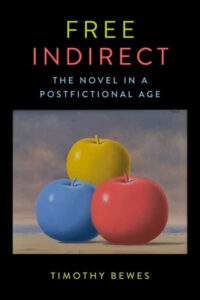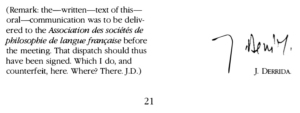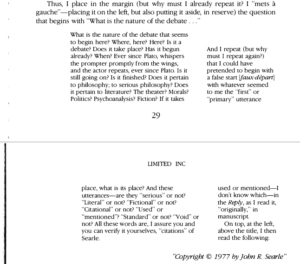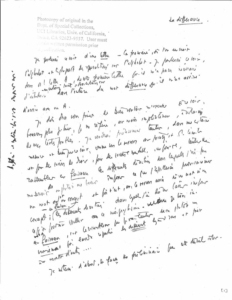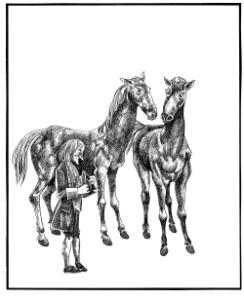
Reply to Suther and Bewes
Bewes’ commitment to the (Deleuzian) “cinematic apparatus”—replacing “the unity posited by a human action together with its motivations, causes, and intentions” with “a nondetermined, acentered and decentered perception”—involves the opposite of immanent purposiveness. The point of the wave poem was that you saw the marks on the beach as a poem because you saw in them the act of writing. But the point of Deleuzian immanence is “the rupture in the very relation between the image and action,” that is, between what you see and any action. The achievement of the cinema apparatus is not that it accomplishes the feat of embodying the intention in the work but that it accomplishes the feat of keeping the intention out of the work.

